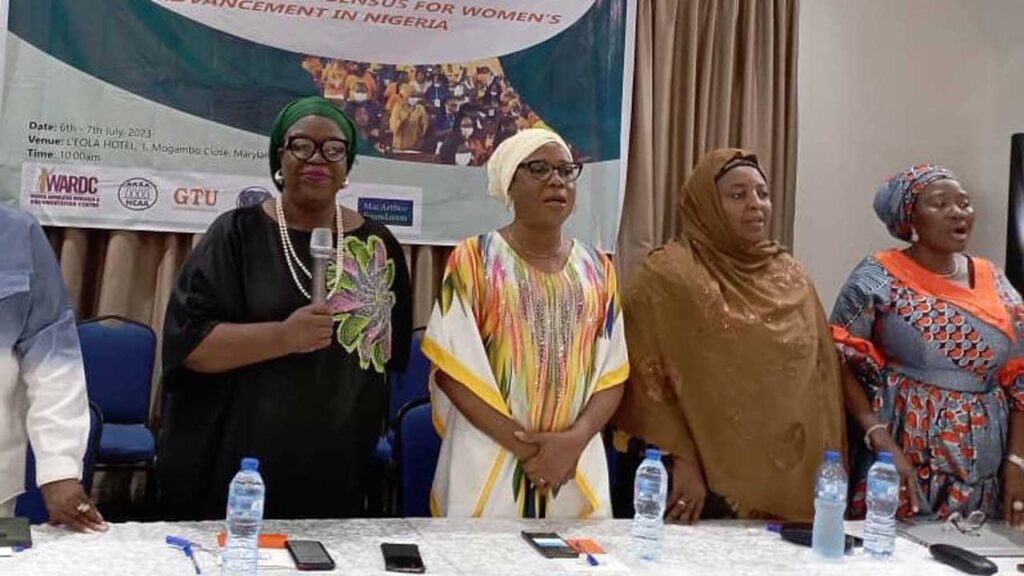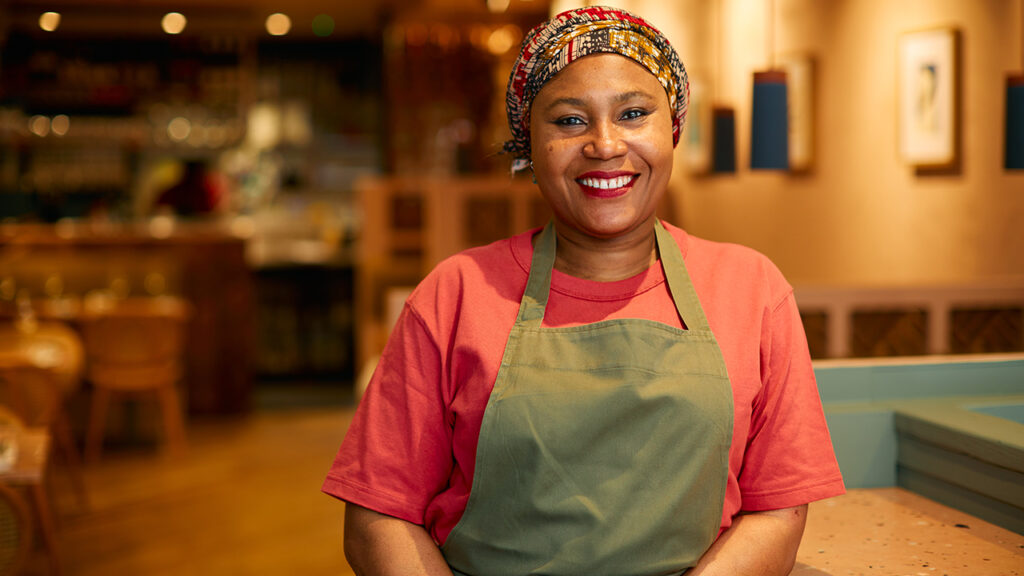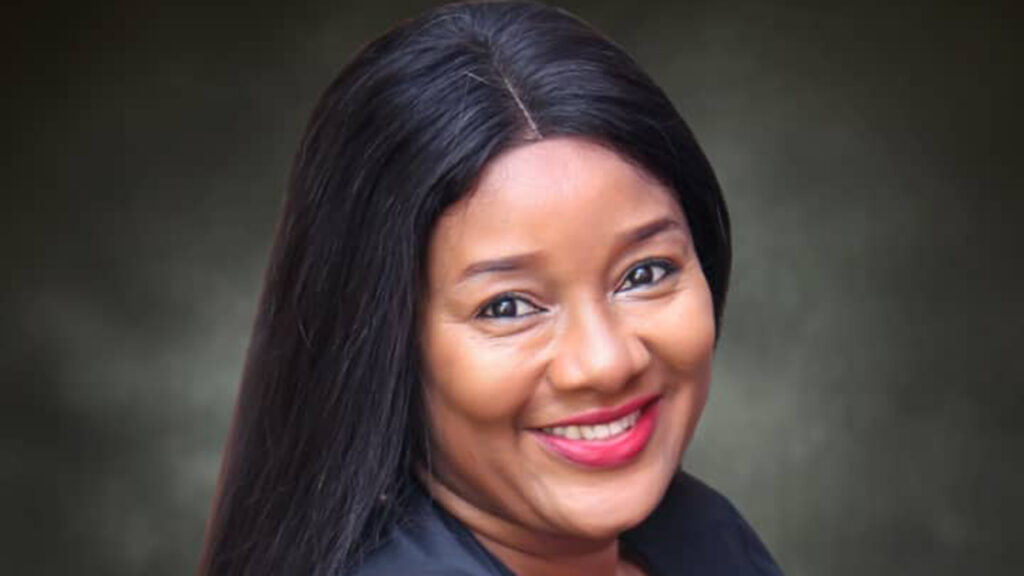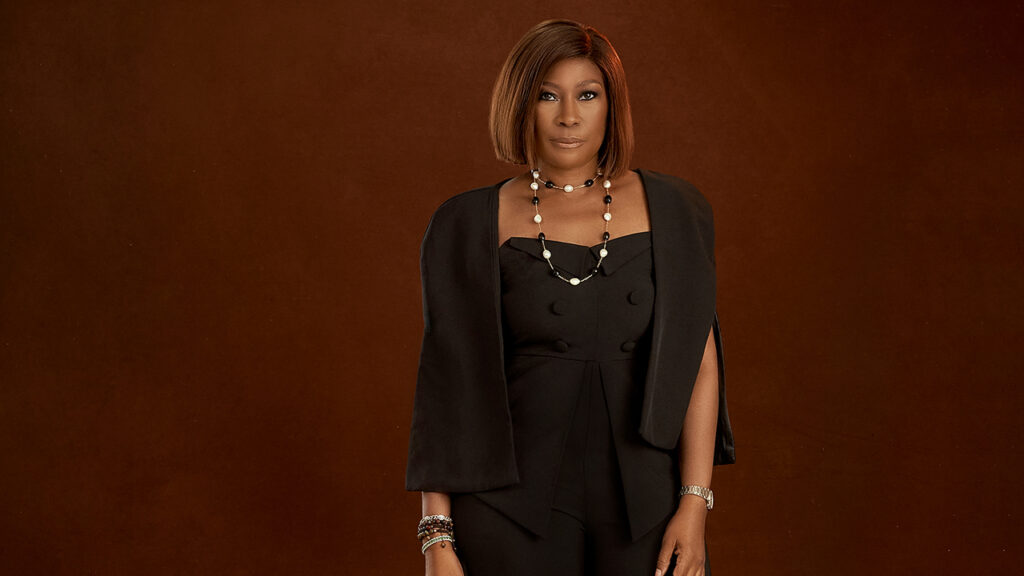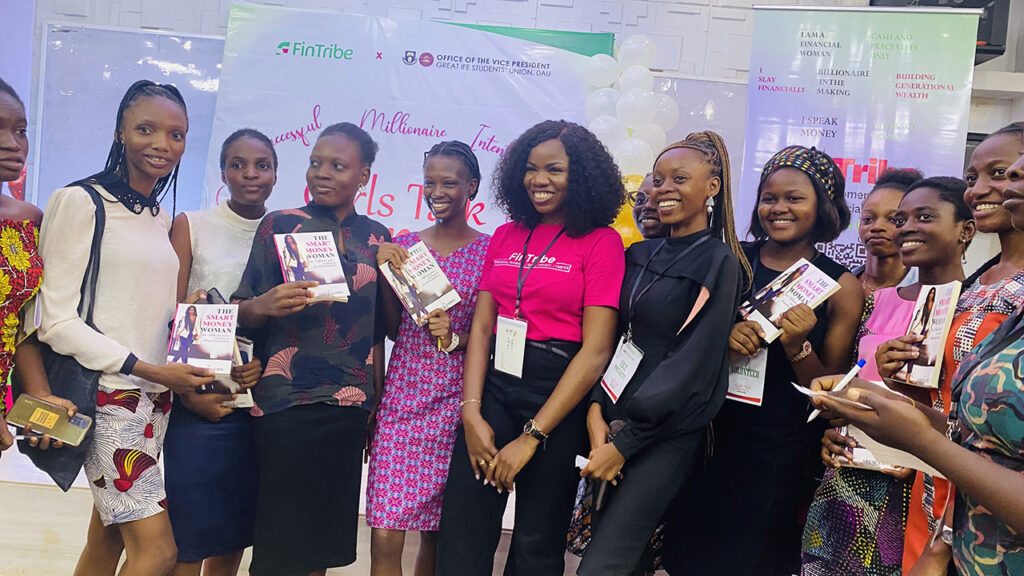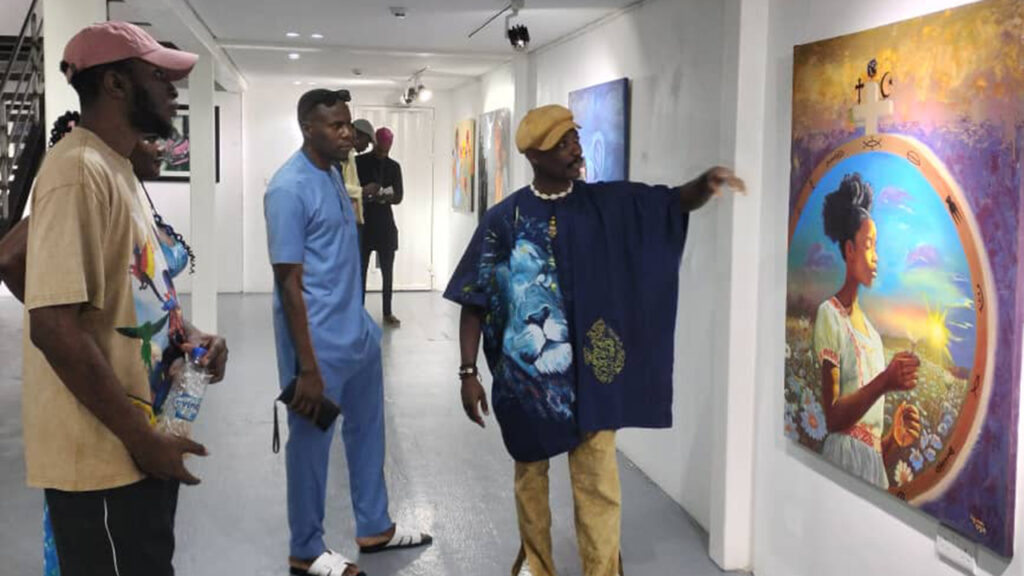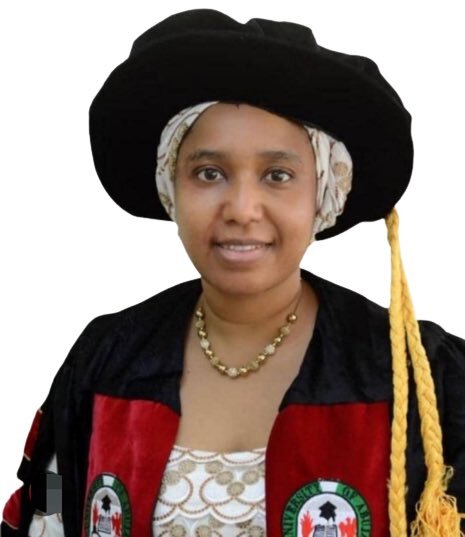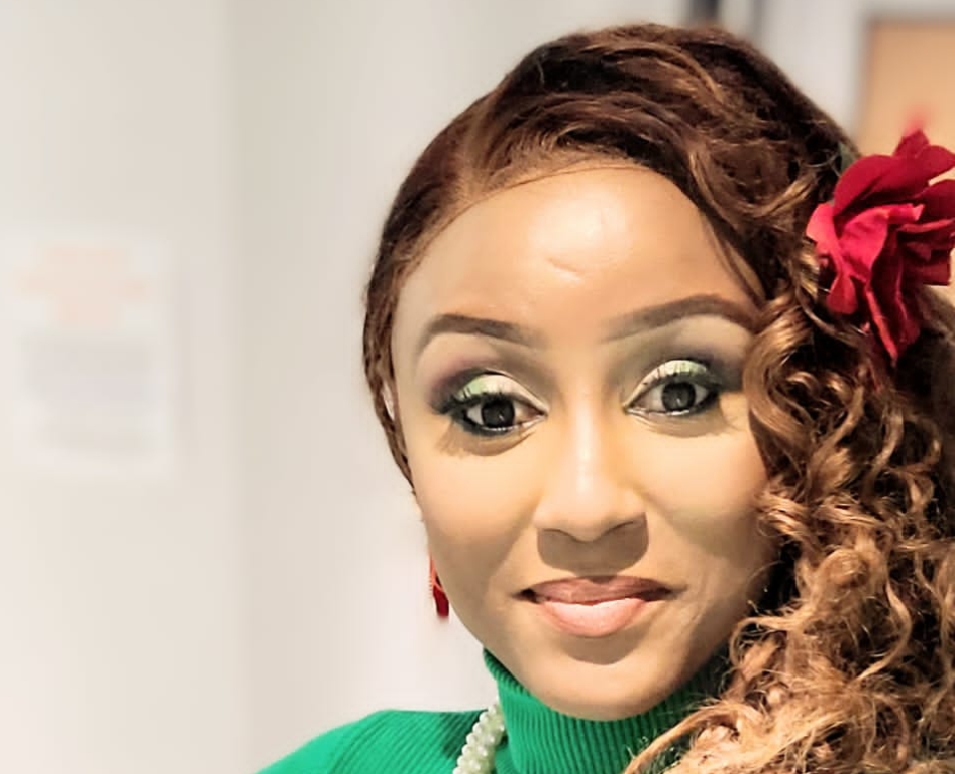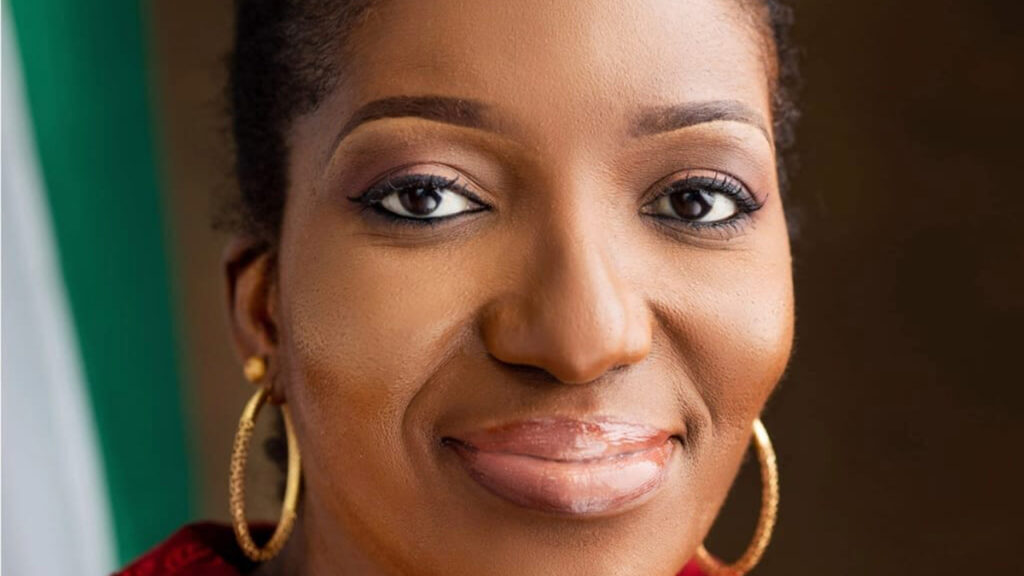
They argued that a consensus was necessary to ensure equal rights, demand accountability, dismantle patriarchy and develop collaboration and capacity among women.
This was the outcome of a two-day retreat organised by Feminist Womanifesto, a coalition of women-centred organisations in partnership with the MacAuthur Foundation, Women Advocates Research and Documentation Centre, (WARDC) and Gender Technical Unit (GTU).
Speaking at the retreat, former Minister of Education, Dr. Oby Ezekwesili, said that with electoral integrity key to the quality of democracy of any nation, having a unified voice of women demanding for accountability in the democratic process would bring the desired progress.
Country Director, Ford Foundation West Africa, Funke Baruwa, also noted that the time was ripe for women to begin a constructive push.
“We must begin to push for consensus. We must build social capital for women and girls. We must stay united. It’s time to come together as a strong bloc like it was done in Dakar. Until then, we will continue to be the ones bending to the agenda of others,” she noted.
For UN CEDAW Committee Representative, Geneva, Esther Msheila-Eghojiamen, building consensus was imperative for the women’s movement to survive.
“Consensus will help us harness the common and collective voices of women. Without consensus, we cannot demand accountability. We need consensus to dismantle patriarchy,” she said.
On her part, Country Director, Action Aid, Ene Obi, said that women advancement was a prerequisite for development, pointing out that women in Nigeria still face a lot of challenges.
“Action Aid firmly believes in our power of collaboration and we urge all stakeholders present here today to rise up to this. One of the second strategies we need to employ is capacity building. A lot more resources need to go into capacity building, especially for women at the grassroots,” she noted.
The Executive Director, Women in Management, Business and Public Service (WIMBIZ), Hansatu Adegbite, also said: “We need to understand the principle of return on investment. People invest where they can get returns. We must also identify critical male allies that we should engage with. There’s also a need for brand building. Changing behaviour, understanding the need to collaborate and forming relationships.”
Also, Prof. Joy Ezeilo of Women Aid Collective (WACOL) stressed that there was need for institutional mechanisms to combat gender inequality.
“We must get back to legislating women’s equal rights. We also need a symphony of voices so that we are speaking in solidarity. It is discouraging working in the Nigerian environment but we must keep faith. We must have one voice and put aside all dichotomies; everything that divides us,” she said.
For the Founder of Women In Successful Careers (WISCAR), Amina Oyagbola, building consensus between the private sector and women’s movement remains very key.
“To achieve this, we must increase awareness because to create a change, you need to build a critical mass,” she advised.

